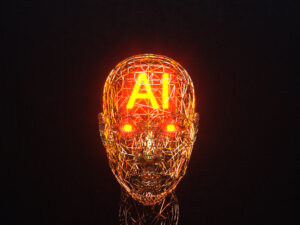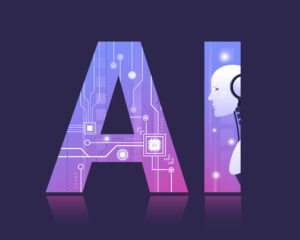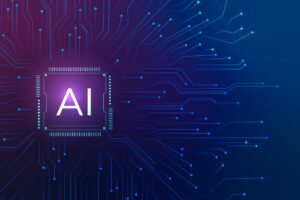
Navigating the Future of AI: Insights from Eric Schmidt
Eric Schmidt discussed the rise of adversarial AI firms to uncover system weaknesses & predicted that programming roles will evolve as AI becomes integrated into education.

In a recent discussion, Eric Schmidt, the former CEO of Google, shared his insights on the evolving landscape of artificial intelligence (AI) and the challenges and opportunities that lie ahead.
A central theme of the conversation revolved around the concept of adversarial AI, which Schmidt posited as a growing field in which companies will specialise in identifying and exploiting vulnerabilities within AI systems.
This emerging industry would be analogous to the red teams used in cybersecurity, where experts are hired to test and break systems to enhance their security.
As AI becomes more complex, these adversarial teams will play a crucial role in ensuring the robustness of AI applications.
The Hallucination Problem
Schmidt emphasised the ongoing hallucination problem within current AI models, which often leads to outputs that do not align with user intentions.
While he acknowledged that advancements in technology will mitigate this issue, he believes that it will not be completely resolved. The industry must focus on developing effective efficacy tests to measure the performance and accuracy of AI systems.
As entrepreneurs in Silicon Valley navigate these challenges, they will need to adopt a pragmatic approach, often involving legal consultations to clean up potential messes created by AI applications.
Investment Trends and the Future of Programming
With staggering investments pouring into AI—over a trillion dollars, yet yielding only $30 billion in revenue—Schmidt highlighted the cyclical nature of technology investment.
Historically, substantial upfront investments have often preceded significant returns. He foresees that the current wave of investment in AI will likely lead to a bubble before stabilising and yielding results.
Discussing the future of programming, Schmidt noted that productivity of software engineers is set to increase dramatically, particularly through the use of AI tools designed to enhance team efficiency.
Companies are developing solutions to assist large programming teams managing millions of lines of code, aiming to improve collaboration and streamline coding processes.
Open Source vs. Closed Source
A significant topic of discussion was the ongoing debate between open-source and closed-source AI systems.
Schmidt, reflecting on his own career rooted in open-source principles, acknowledged that while much of Google’s foundation was built on open-source software, the rising costs of AI development may force companies to prioritise revenue generation over sharing technology.
He pointed to Mistral AI, a French company that has developed impressive AI models, yet faces pressure to monetise its technology, potentially leading to closed-source strategies.
The Role of Context and Agents in AI
Schmidt also touched upon the importance of expanding context windows and the integration of agents in AI systems.
He explained that increasing the context window allows AI to remain relevant and updated by incorporating real-time information.
For instance, tools like OpenAI’s new search can dynamically update with current events, enhancing the user experience Moreover, Schmidt illustrated how agent-based models could revolutionise fields such as chemistry.
By utilising AI to generate hypotheses and running experiments in a lab, researchers can accelerate the pace of discovery, showcasing the transformative potential of AI across disciplines.
Preparing for the Future
When asked about the implications for computer science education, Schmidt expressed the belief that future programmers will always have AI as a partner in their coding journeys.
This evolution will fundamentally change how programming concepts are taught, with students engaging with AI tools that support their learning & development.
Looking ahead, Schmidt acknowledged that while AI might eventually reduce the need for traditional programming roles, a foundational understanding of coding will remain essential.
Just as studying a language enhances communication skills, understanding AI and its underlying mechanics will be vital for future professionals.
Conclusion
In conclusion, as we navigate the complexities of AI’s evolution, insights from leaders like Eric Schmidt provide valuable guidance.
The interplay between adversarial AI, investment trends, and education will shape the future landscape of technology, presenting both challenges and unprecedented opportunities.
Never miss any important news. Subscribe to our newsletter.
Related News


British Investor Who Predicted US Slump Warns of Next Crash

I’m a Death Doula: 4 Reasons I Believe Death Isn’t the End


Tech to Reverse Climate Change & Revive Extinct Species

AI Unlocks the Brain’s Intelligence Pathways

XPENG Unveils Iron Robot with 60 Human-like Joints

Can AI Outsmart Humanity?

11 ChatGPT Prompts to Boost Your Personal Brand

Keir Starmer Hints at Possible Tax Hikes on Asset Income

Navigating the Future of AI: Insights from Eric Schmidt
